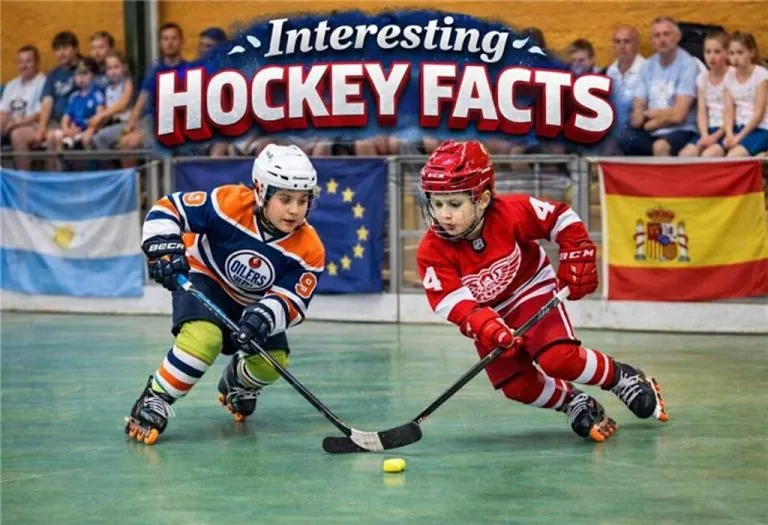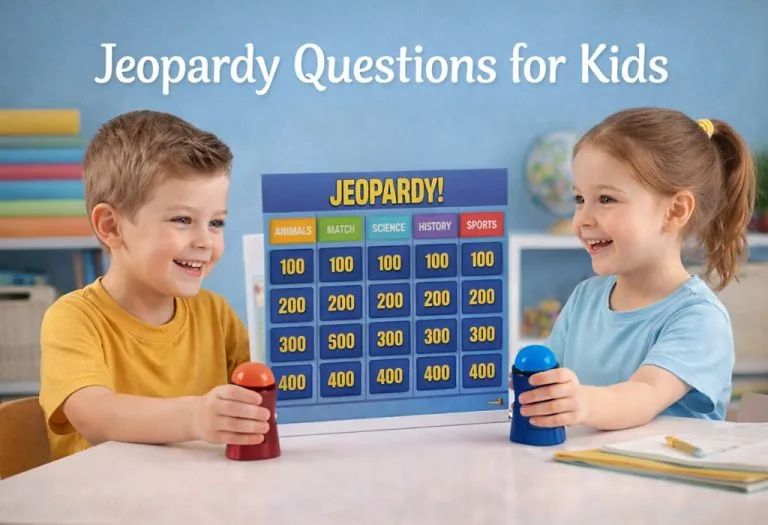Newborns, Babies, Infants, Toddlers, Preschoolers and Kids: What Is the Difference?
- Newborn Vs Infant Vs Babies Vs Toddler Vs Preschooler Vs Kid — How Do They Differ?
- Parenting Tips for Infants, Toddlers, Preschoolers and Kids
- FAQs
While talking about children, we often use terms like baby, infant, and kid interchangeably. However, they are not the same, and knowing the difference between them is essential because each of these terms signifies a stage of development in your child. Understanding the distinctions between infant vs newborn vs baby vs toddler vs preschooler vs kids helps parents provide better care and support, as each phase comes with unique developmental milestones and needs. Being aware of these differences ensures that caregivers meet the specific physical, emotional, and cognitive requirements at every stage of their child’s growth.
Newborn Vs Infant Vs Babies Vs Toddler Vs Preschooler Vs Kid — How Do They Differ?
Children are referred to using various terms like newborn, baby, infant, toddler, or kid, and these terms, though used synonymously, are different. With each of these terms, comes certain milestones of growth and development for your child. It is important to know these because a failure to reach these milestones may indicate developmental disabilities.
Newborn

The term newborn refers to a newly born baby and has been in use since the fourteenth century.
What Age is Considered a Newborn?
Newborns are the newly born babies of 2 months of age.
- Doctors and experts refer to babies aged less than 2 months as newborns.
- The World Health Organisation considers a child less than 28 days as a newborn.
Growth and Development
The first two months of a baby’s life are crucial, and appropriate feeding and care must be ensured.
- For the first month, babies go on to steadily gain weight while their height also increases by a couple of inches.
- The baby’s nervous system starts maturing, and with it comes developments in reflexes, hearing, communication, and emotions.
- Most of the baby’s movements are reactionary. They respond to external stimuli and even move their arms, legs, and head.
- Babies cry to communicate feelings like hunger or discomfort. They begin to imitate basic and distinct sounds of the language they hear, laying down their foundation for speech.
- They start developing an emotional attachment to their primary caregivers and forming bonds of love and trust. You can foster their emotional security by holding them, talking, and playing with them.
When to See a Pediatrician?
Babies at their neonatal age can show signs of developmental disabilities like genetic disorders and fetal alcohol syndrome. See a paediatrician if:
- The baby falls behind in smiling or making eye contact at the appropriate age.
- The baby does not start babbling around the appropriate age.
- The baby does not display gestures like grasping.
Infant
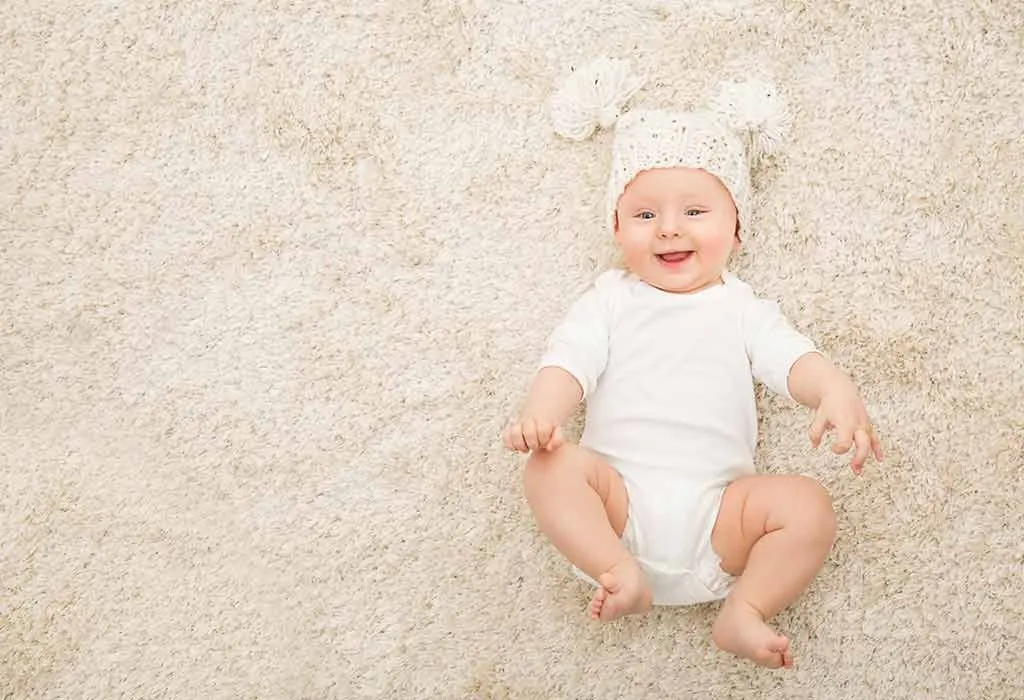
The term infant is a combination of two Latin words, “in-” (the opposite of) and “fari” (to speak), meaning “one incapable of speaking.”
What Age is Considered an Infant?
Infant and newborns are often used interchangeably but they are in fact, different.
- An infant is a baby between 0 and 12 months.
- In terms of the newborn vs infant age, an infant is a broader term that includes a newborn. When looking at infant vs toddler, infants are children up to 1 year of age whereas toddlers are between one and four years old.
Growth and Development
Up to the age of one, babies grow and learn at a staggering rate. Crawling and standing are infant milestones in development.
- During infancy, children learn to communicate better — they smile, wave, clap, babble, and some may even start talking.
- Their motor function improves as they start picking up objects, crawling, rolling, sitting up, standing, and walking with support.
- Infants grow substantially — they grow around 6-8 inches in height and gain around thrice their birth weight.
- They develop strong bonds with their primary caregiver, begin responding to their name and basic commands, and play simple games like peek-a-boo.
When to See a Pediatrician?
Slow development during infancy can be indicative of Down syndrome or other developmental disabilities. You can consult your paediatrician if your baby is not able to:
- Crawl or rollover.
- Sit up or babble.
- Respond to his name.
- Wave or reach out for things.
Toddler
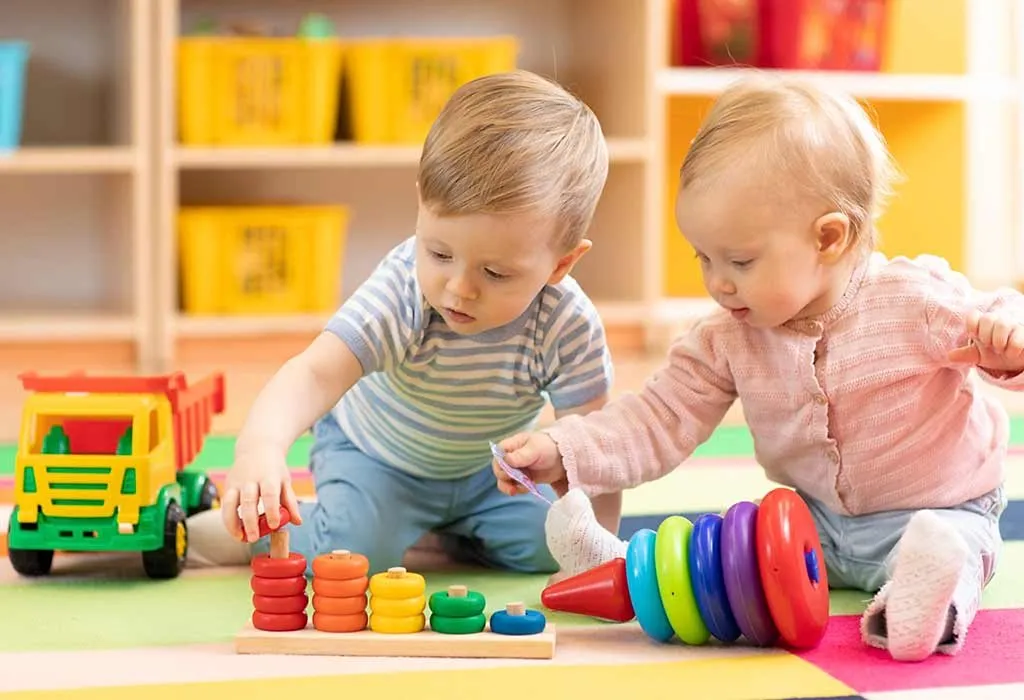
The word toddler emerged in 1793 from the word toddle which describes how babies move around.
What Age is Considered a Toddler?
Toddlers are children who are ready to transition into preschool. Continue reading to know at what age do toddlers start preschool.
- Toddlers are usually those children between 1 and 4 years of age. But there is no consensus among experts as to the toddler age span.
- The Center for Disease Control (CDC) and the Encyclopedia Britannica defines them as children between 1 to 3 years old.
Growth and Development
The rate of growth and development in children slows down after they turn 1.
- By 3 years of age, toddlers reach about half their adult height. They learn to walk, climb stairs, move around, and can even help while getting themselves dressed up.
- They begin to talk and communicate in phrases. They absorb and memorize information rapidly and learn colours, shapes, and the alphabet. Toddlers enjoy songs, rhymes, and simple games.
- Even during toddlerhood, babies need a couple of naps during the day and 10-12 hours of sleep at night.
When to See a Pediatrician?
The CDC recommends screening for autism during 18-24 months of age or if there are any signs of concern. See a paediatrician in the following cases:
If the toddler doesn’t meet developmental milestones such as
- Walking
- Chewing
- Swallowing
- Talking
- Showing an interest in familiar people
Baby
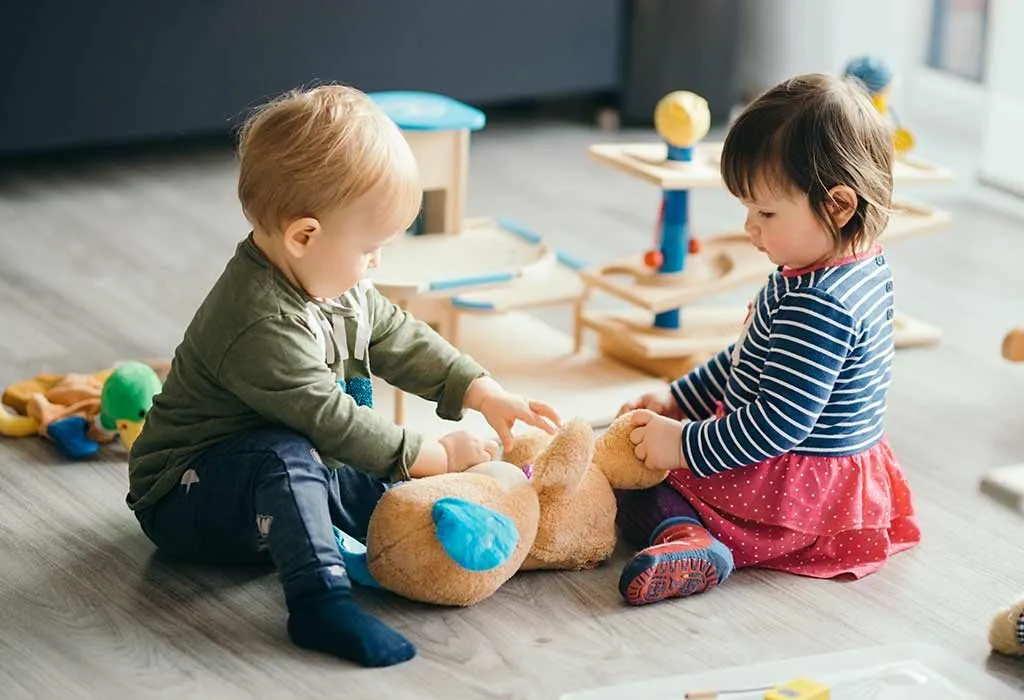
The term baby or “babe” arose in the fourteenth century, and refers to an infant of either sex. It is derived from the word babbling, i.e. baby talk.
What Age is Considered a Baby?
The term babies are very wide and can include any young offspring.
- Baby is an all-encompassing term for newborns, infants, and toddlers.
- To answer the question of how old is the baby, it is usually up to 4 years old.
Preschooler

A preschooler is usually a child between 3 and 5 years of age who has been enrolled in a preschool.
What Age is Considered a Preschooler?
Parents generally enroll their children in a preschool after they turn 3.
- A preschooler is a child who has been enrolled in a preschool and is usually between the age of 3 to 5.
- It is the next stage after the toddler.
Growth and Development
The preschool stage is very important as children begin to learn to interact with other children and teachers.
- Their motor skills improve as they learn to walk, hop, draw, play, and operate things like a scissor or a shoelace.
- As children start interacting, their social and speaking skills improve monumentally. They begin to focus on people around them instead of themselves and transition from being moody and selfish to well-mannered and responsible.
- They also become extremely curious and ask numerous questions that parents must answer so that their intellectual growth is fostered.
Kid
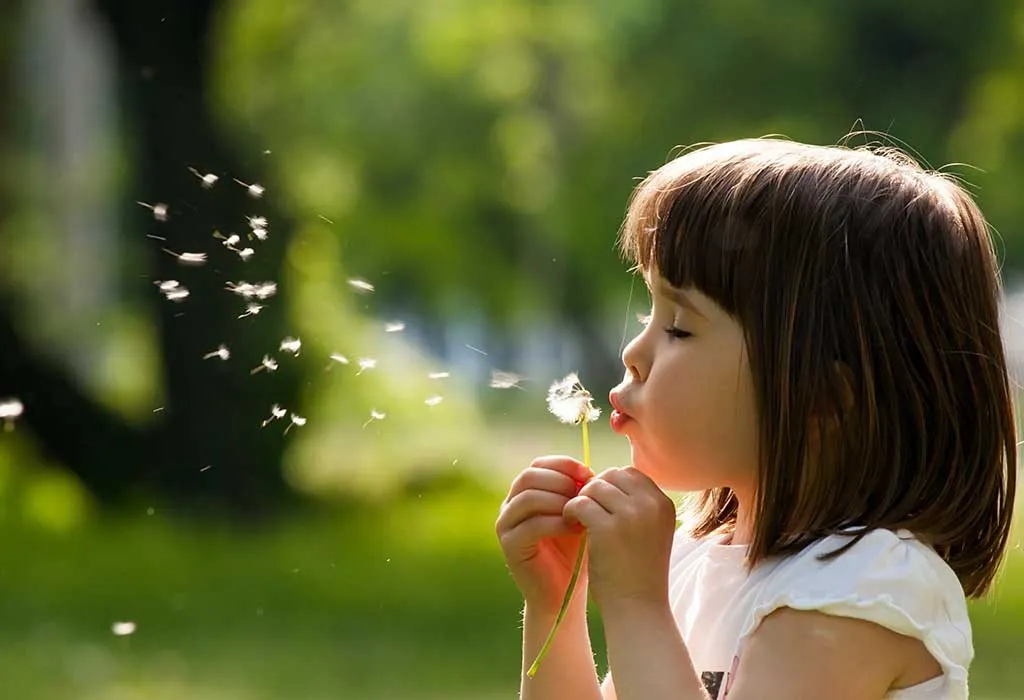
When a preschooler passes kindergarten and enters the first or second grade, he becomes a kid.
What Age is Considered a Kid?
Preschoolers are often referred to as kids, but the two terms are different.
-
By the time a preschooler has entered the first or second grade, he is 6 years old. A kid is a child between 6 and 12 years of age.
Growth and Development
As the child grows older, they become more intelligent and emotionally mature.
- A kid’s movements are more stable and graceful. They begin to lose their milk teeth and grow permanent teeth. They can run, ride a bike, play, and learn skills like painting, dancing, and singing.
- They begin understanding their school subjects and start reading and writing.
- They also learn to share, interact, and compete with their friends.
Parenting Tips for Infants, Toddlers, Preschoolers and Kids
From the delicate needs of infants to the blossoming independence of preschoolers and kids, understanding each stage is crucial for providing the right support. Here are some helpful parenting tips for infants, toddlers, preschoolers, and kids to ensure they thrive at every age.
Infants
- Establish a consistent routine for feeding, sleeping, and playtime.
- Provide tummy time to help develop muscles and motor skills.
- Bond through eye contact, touch, and communication.
- Ensure a safe sleep environment by placing them on their back.
- Monitor developmental milestones like smiling and babbling.
Toddlers
- Encourage safe exploration and independence.
- Set clear, consistent boundaries for safety and understanding.
- Promote language development by talking and reading together.
- Foster social interactions with peers to develop social skills.
- Provide simple choices to empower their decision-making.
Preschoolers
- Foster independence by encouraging self-dressing and decision-making.
- Teach social skills like sharing, taking turns, and expressing emotions.
- Encourage imaginative play to enhance cognitive and motor skills.
- Instill good hygiene habits, like handwashing and brushing teeth.
Kids
- Support academic growth through schoolwork and educational activities.
- Promote physical activity with exercise, sports, and outdoor play.
- Teach responsibility through age-appropriate chores and tasks.
- Foster emotional intelligence by helping them identify and manage emotions.
FAQs
1. At what age do babies start recognizing their names?
Babies usually begin to recognize their names between 4 to 6 months of age. By this time, they start responding to sounds and familiar voices, including their own name.
2. How can I support my toddler’s emotional development?
Support your toddler’s emotional development by validating their feelings, encouraging them to express themselves verbally, and teaching them how to manage their emotions through simple coping strategies like deep breathing or using words.
3. When should I be concerned about my preschooler’s behavior?
If your preschooler shows signs of persistent aggression, excessive tantrums, or difficulty socializing with peers beyond what’s typical for their age, it may be worth consulting a pediatrician to rule out any underlying behavioral or developmental issues.
4. What are the key differences between a newborn and an infant?
Newborns are typically considered babies in the first few weeks of life, while infants are babies aged 1 month to 12 months. The difference lies in their physical and cognitive development, with infants showing more advanced motor skills and cognitive abilities than newborns.
The terms newborn, infant, baby, toddler, preschooler, and kid are not usually interchangeable and connote different ages stages of growth and development. It is important to know the difference, as it will help you understand the development of your child and the physical and emotional changes they go through.
References/Resources:
1. Important Milestones: Your Baby By Two Months; CDC; https://www.cdc.gov/ncbddd/actearly/milestones/milestones-2mo.html
2. Newborn health; WHO; https://www.who.int/westernpacific/health-topics/newborn-health
3. Positive Parenting Tips: Infants (0–1 years); CDC; https://www.cdc.gov/child-development/positive-parenting-tips/infants.html
4. Important Milestones: Your Child By Two Years; CDC; https://www.cdc.gov/ncbddd/actearly/milestones/milestones-2yr.html
5. Positive Parenting Tips: Toddlers (1–2 years old); CDC; https://www.cdc.gov/child-development/positive-parenting-tips/toddlers-1-2-years.html
6. Ages & Stages; American Academy of Pediatrics; https://www.healthychildren.org/English/ages-stages/Pages/default.aspx
7. Positive Parenting Tips: Preschoolers (3–5 years old); CDC; https://www.cdc.gov/child-development/positive-parenting-tips/preschooler-3-5-years.html
Also Read:
Newborn Growth and Development
Baby Growth and Development
Toddler Growth and Development
Was This Article Helpful?
Parenting is a huge responsibility, for you as a caregiver, but also for us as a parenting content platform. We understand that and take our responsibility of creating credible content seriously. FirstCry Parenting articles are written and published only after extensive research using factually sound references to deliver quality content that is accurate, validated by experts, and completely reliable. To understand how we go about creating content that is credible, read our editorial policy here.






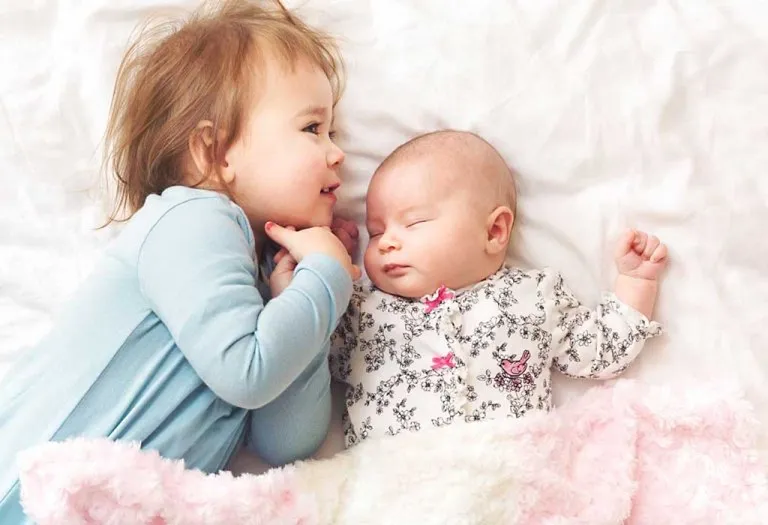
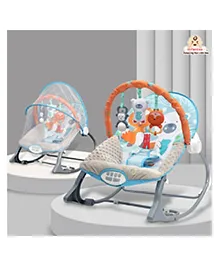
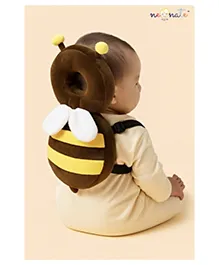
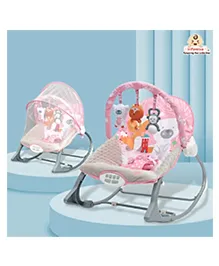
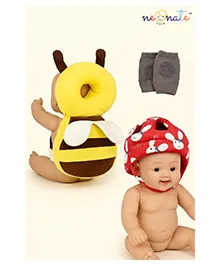

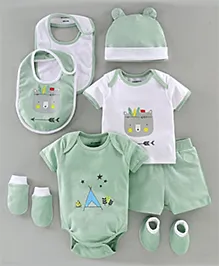
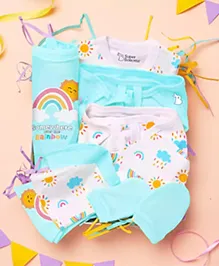
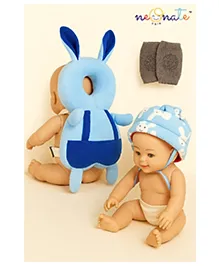

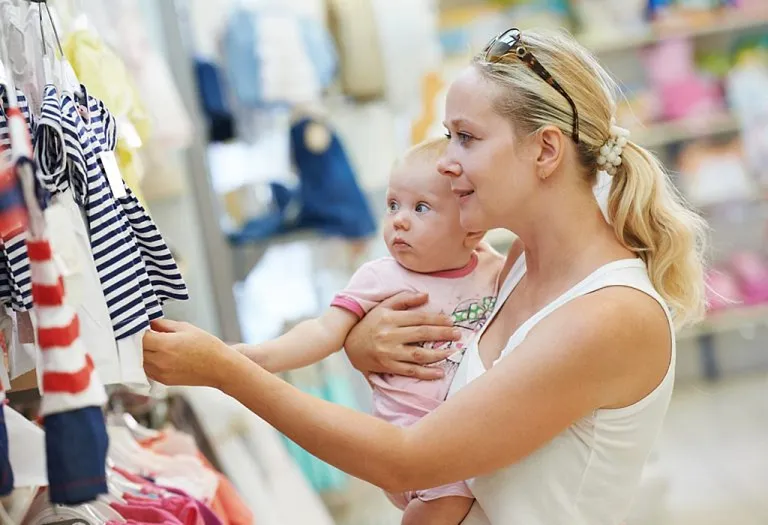

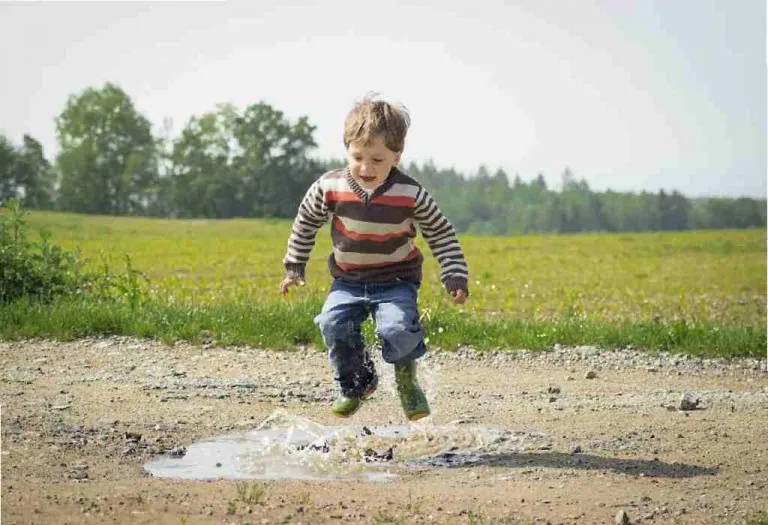
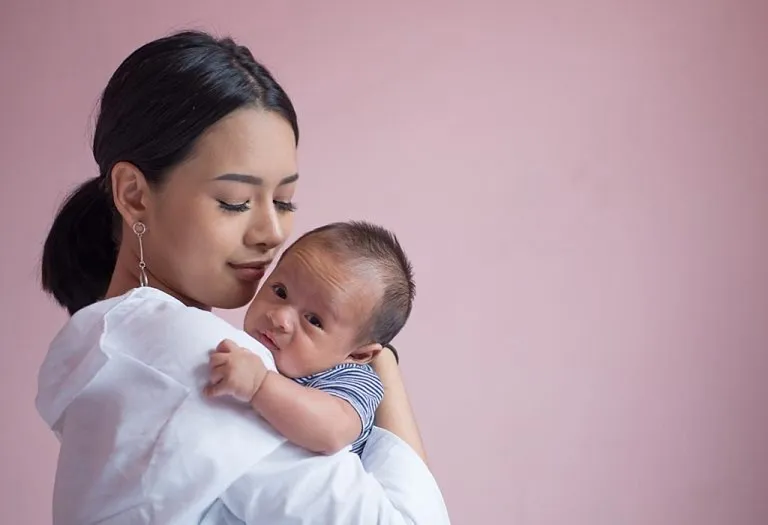
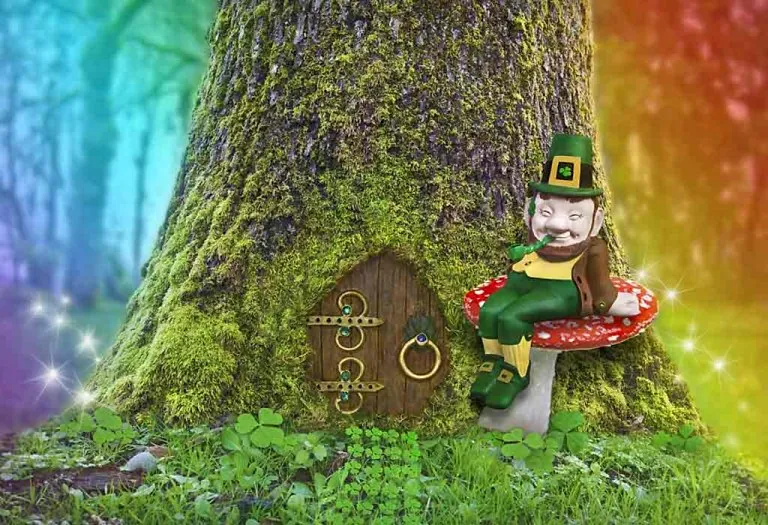

.svg)








